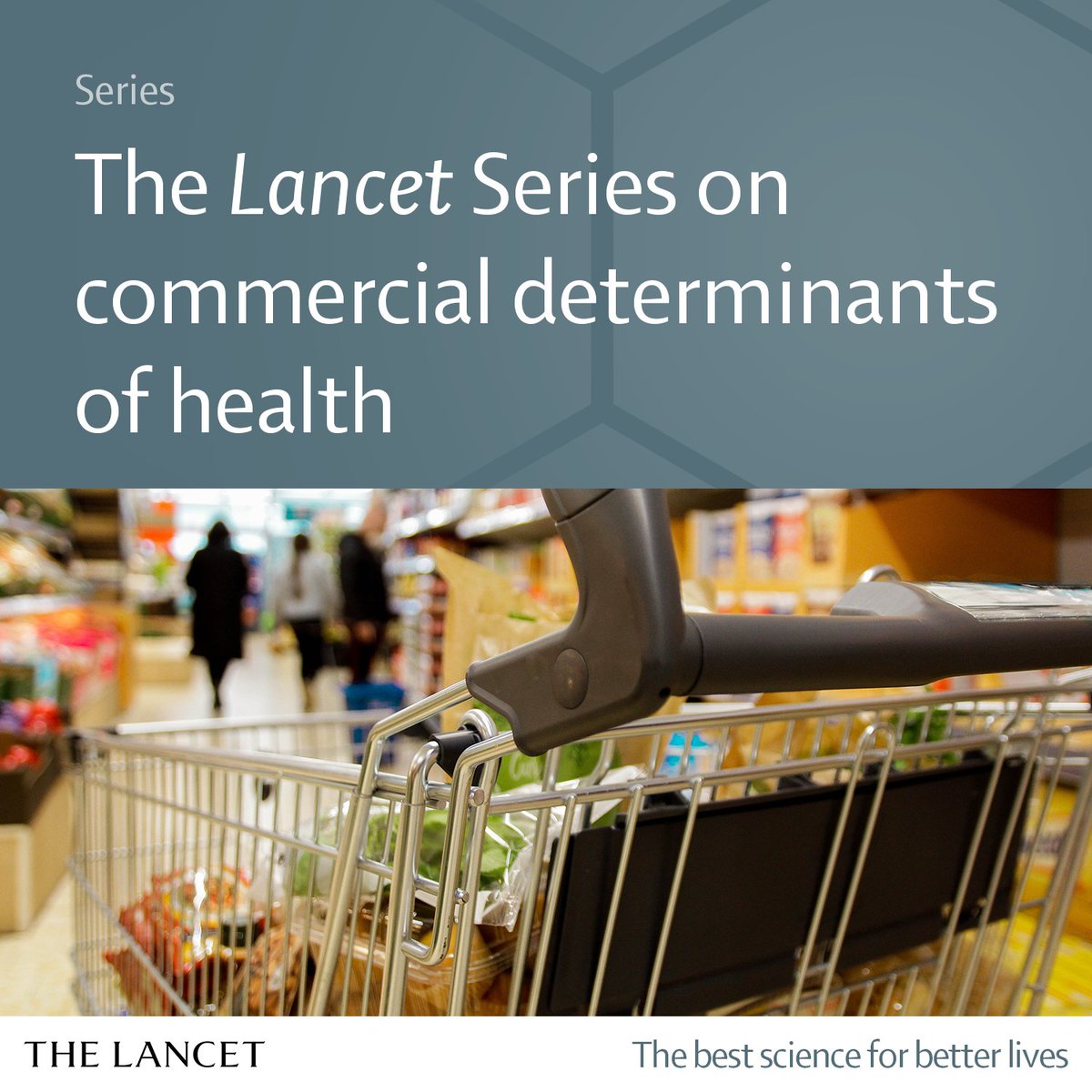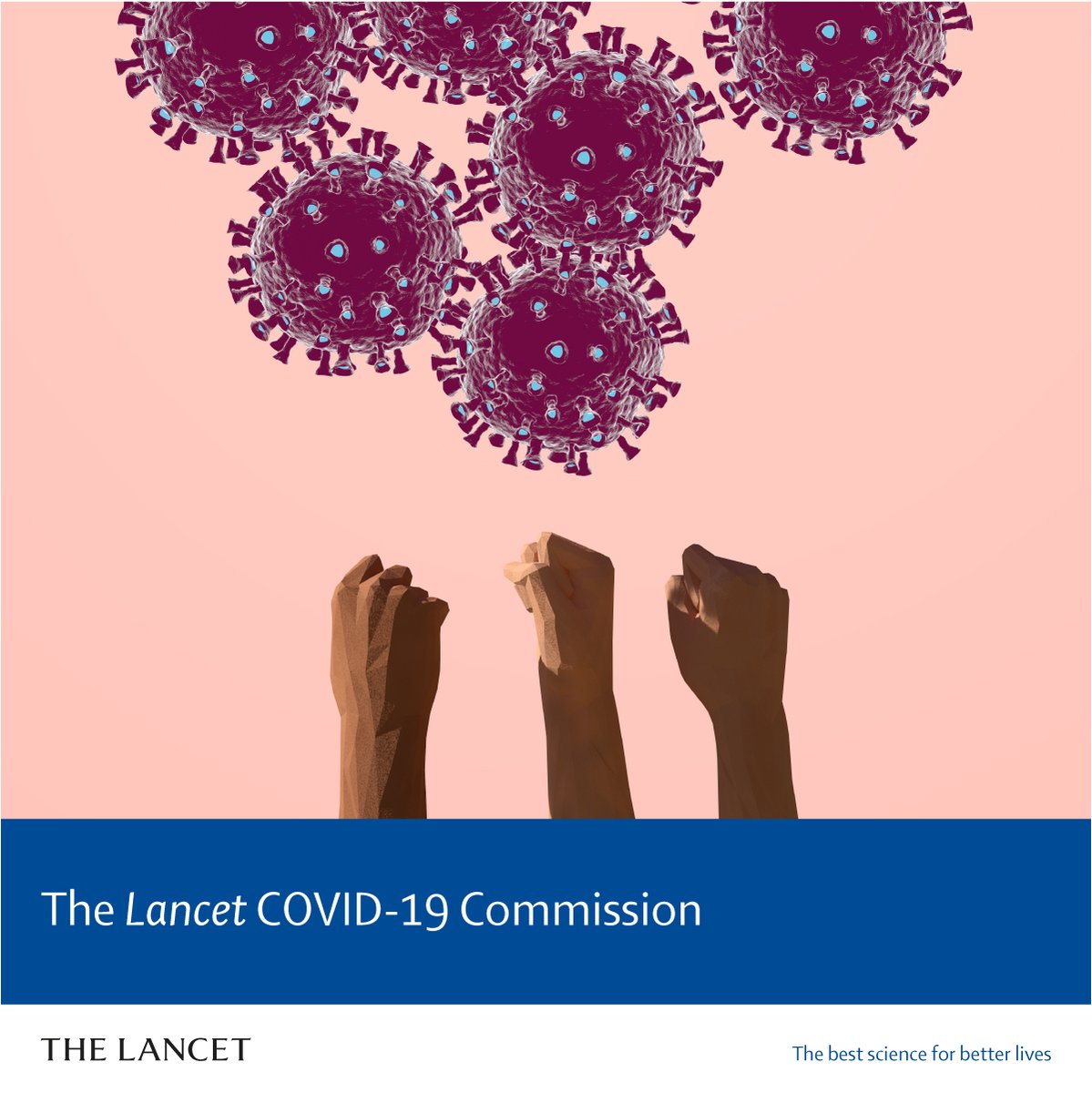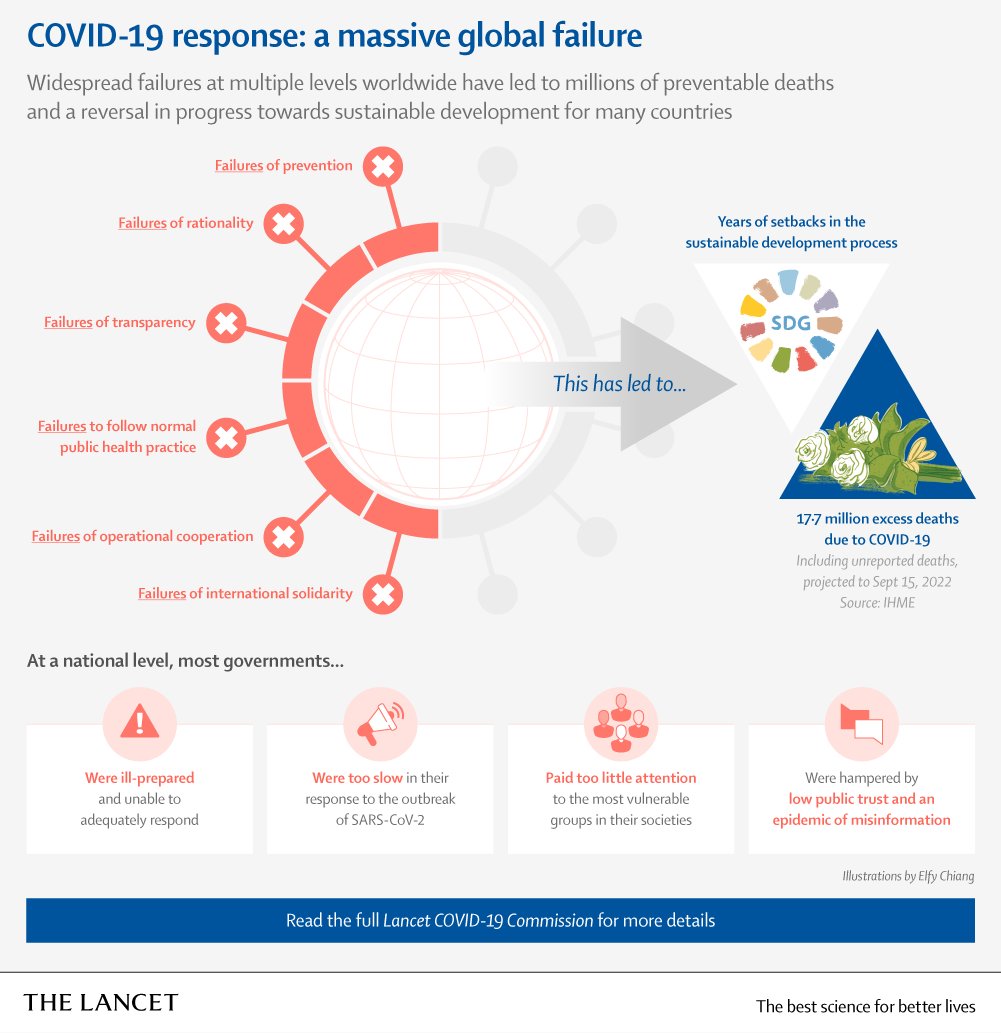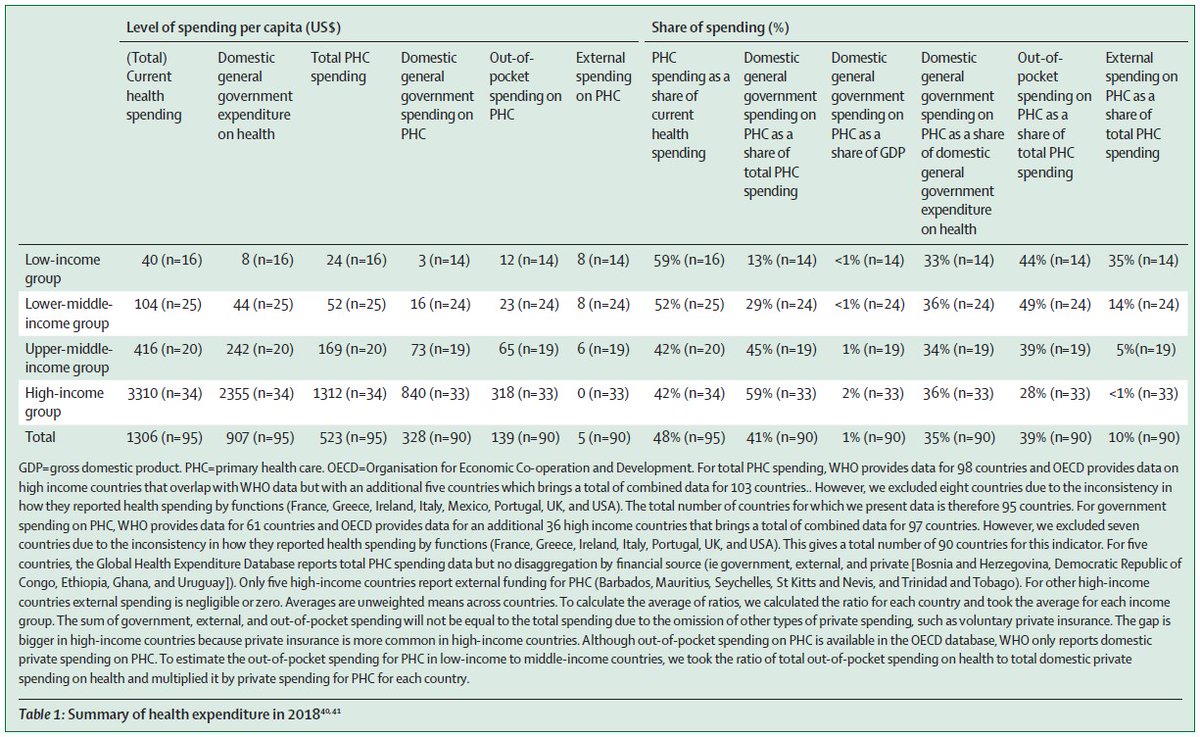On the cover—#Frailty as an emerging global health burden
With prevalence of this complex age-related clinical condition expected to rise alongside a rapidly ageing population, a new Series calls for evidence-based, feasible & cost-effective interventions hubs.ly/H0lc7Mh0
With prevalence of this complex age-related clinical condition expected to rise alongside a rapidly ageing population, a new Series calls for evidence-based, feasible & cost-effective interventions hubs.ly/H0lc7Mh0

@EmielHoogendijk @ElsaDent Burden of #frailty: global prevalence is not yet known, partly because research has mainly been done in high-income countries. Some studies have observed that prevalence is higher in women than in men and rises with age hubs.ly/H0ldMDc0 


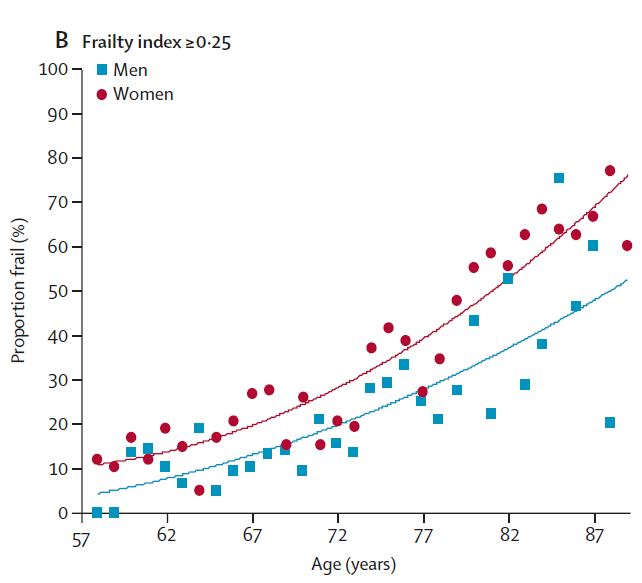
@EmielHoogendijk @ElsaDent #Frailty in daily practice: By considering a patient’s degree of frailty, clinicians can deliver more patient-centred care, leading to better outcomes & avoidance of harm in primary, secondary & tertiary prevention of disease, but more research is needed hubs.ly/H0ldMDc0 

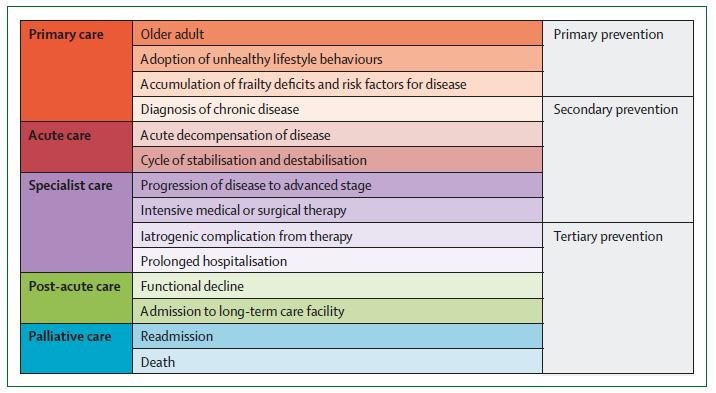

@EmielHoogendijk @ElsaDent Contributors to #frailty: Risk factors span a wide range of aspects and conditions. Insight into risk factors could guide public health and preventive strategies, in particular when these risk factors are potentially modifiable by specific interventions hubs.ly/H0ldMDc0 

@EmielHoogendijk @ElsaDent Identification of #frailty: The large variation in frailty instruments has sparked intense research and debate. When selecting, a clinician needs to consider the instrument’s validity across the setting of interest, as well as its ultimate purpose hubs.ly/H0lhcKG0 

• • •
Missing some Tweet in this thread? You can try to
force a refresh



